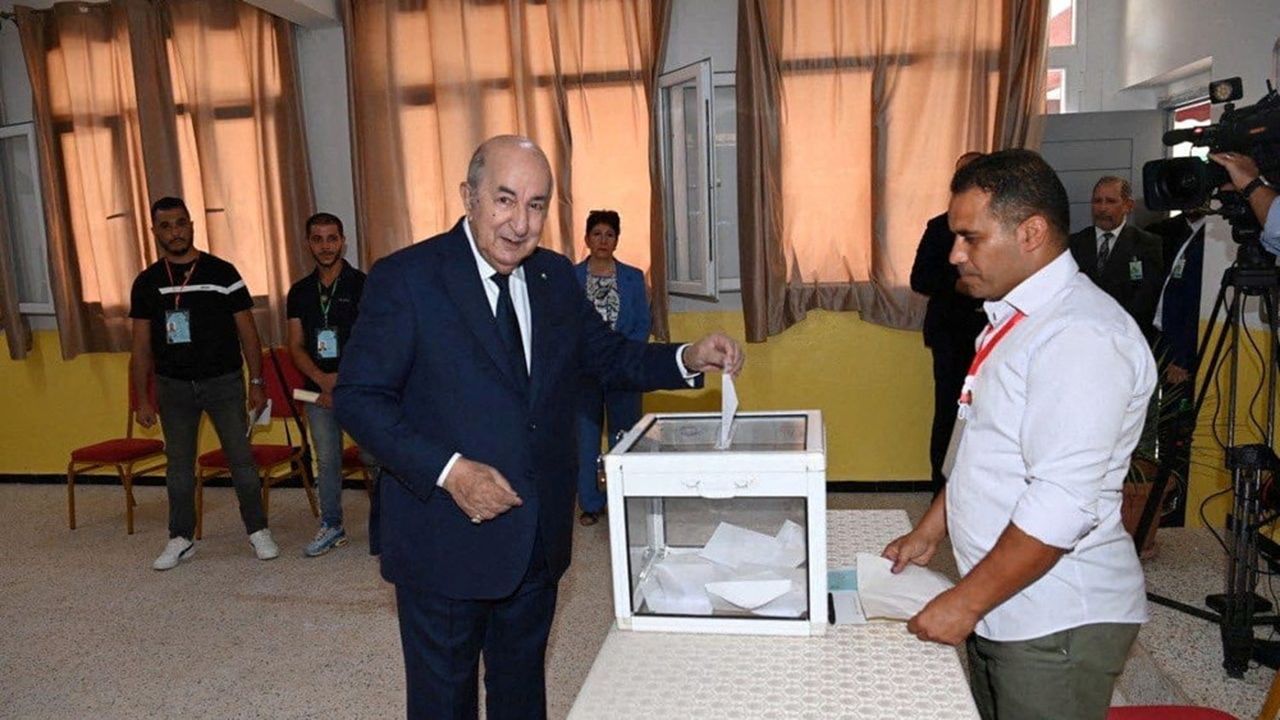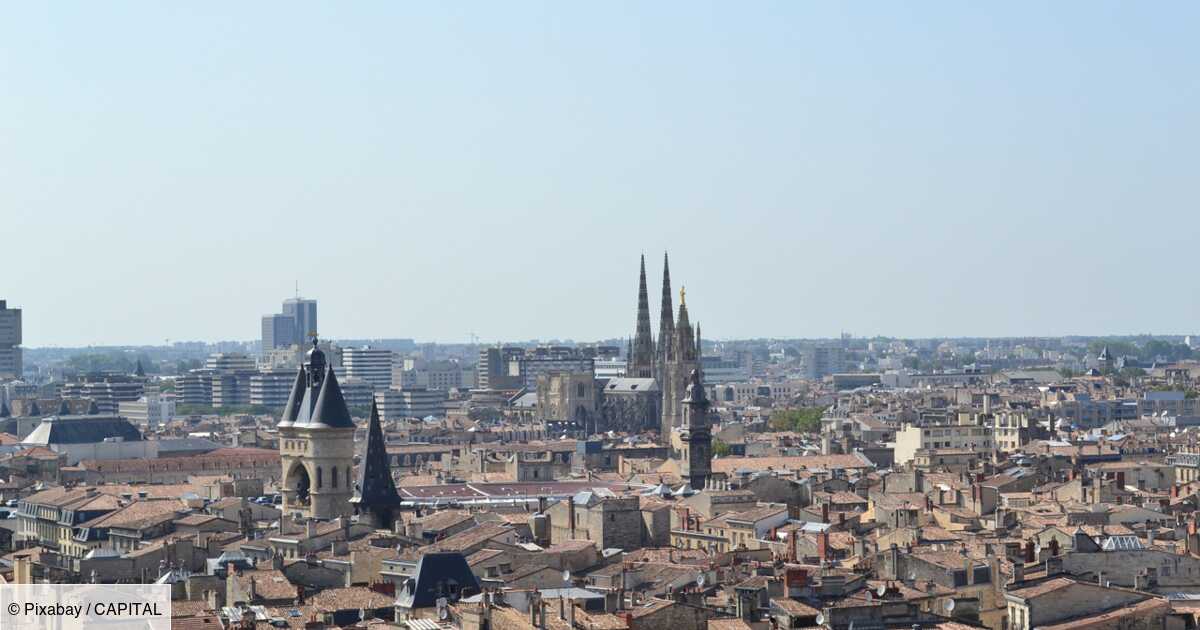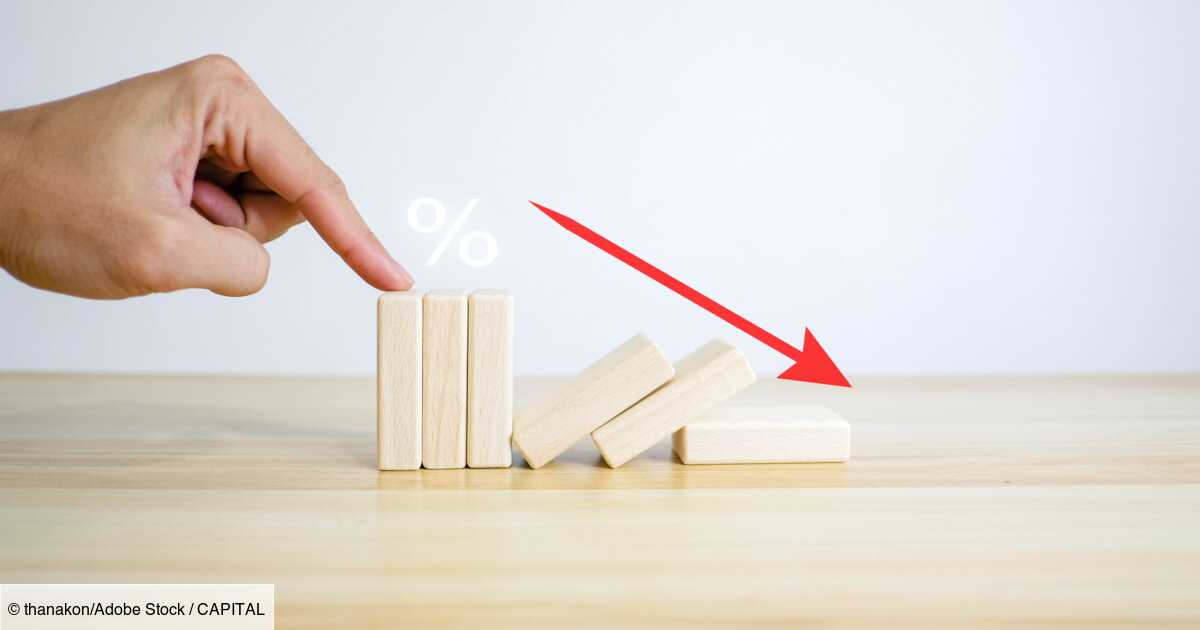
It is a score that has the appearance of a plebiscite or that smells of the Soviet Union. In any case, it is a half-hearted victory. The outgoing Algerian president, Abdelmadjid Tebboune, was indeed re-elected since he received 94.65% of the votes cast in the presidential election held this Saturday, according to official results.
He was up against two other candidates, Abdelaali Hassani, leader of the main Islamist party, the Movement of Society for Peace (MSP), and Youcef Aouchiche, head of the Socialist Forces Front (FFS). But his democratic legitimacy already appears to be seriously undermined.
Very low participation
Indeed, “out of a total of 5.63 million votes recorded, 5.32 million voted” for Tebboune, declared the president of the electoral authority, while the Algerian electorate has 24.5 million citizens. The participation rate in this election is therefore particularly low while the opening of polling stations was extended by three hours in some places. Barely 20% of Algerians would have gone to vote. This weekend, however, the electoral authority indicated that the participation rate reached 48%.
Moreover, the campaign management of the Islamist candidate close to the Muslim Brotherhood denounced in a press release on Sunday “violations” in the conduct of the vote with “pressure on certain polling station officials to inflate the results”, in particular the turnout rate. The MSP press release described as a “bizarre term” the “average turnout rate” announced by the Anie, the electoral authority, averaging the results from different regions.
A certain fatalism among Algerians
The Algerian people have therefore not followed the recommendations of the candidates. On Saturday, Abdelaali Hassani had called for a “high turnout” which “gives greater credibility” to the elections, while Youcef Aouchiche, whose party has boycotted all elections since 1999, also urged “Algerians to participate in force” to emerge “definitively from the boycott and despair.”
Algerians do not seem to believe that this type of election, where everything seems to be decided in advance, could change much in their lives. Abdelmadjid Tebboune had the support of four major parties including the National Liberation Front (FLN), the former single party in power between 1962 and 2020, and his victory was therefore little in doubt.
And now? Aided by the natural gas windfall of which Algeria is the leading African exporter, President Tebboune has promised to make Algeria “the second economy in Africa”. In a society undermined by corruption, this is unlikely in five years. It is likely, however, that he will survive politically his lack of popular support, but he will need tact and renewed governance to modernize the country.





